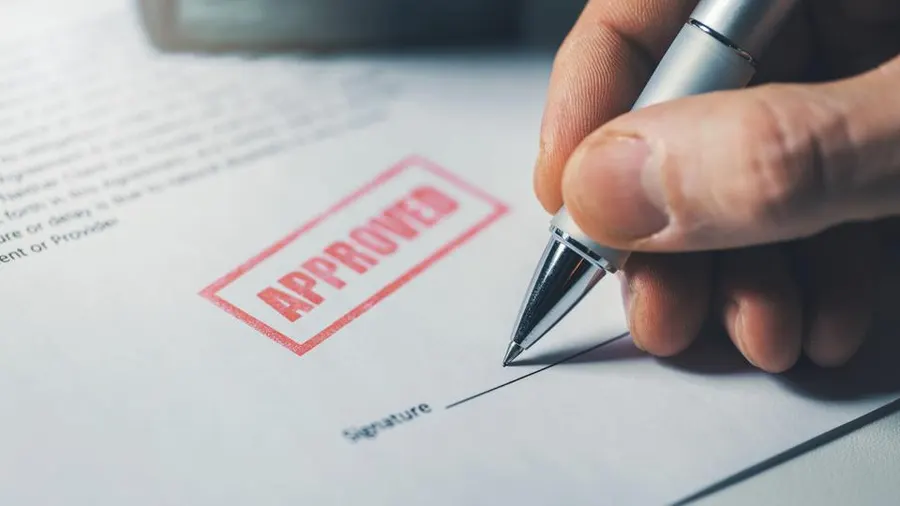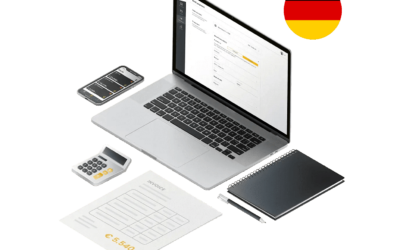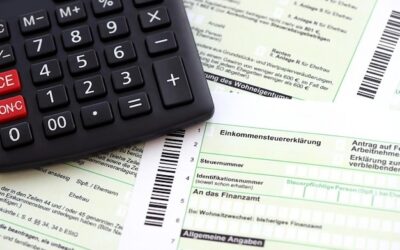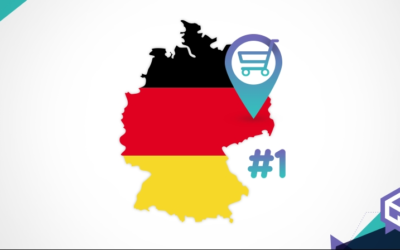The law on issuing a residence permit requires applying for a trade license in Germany, confirmation of economic interest or regional need, the positive impact of the activity on the economy, the provision of financing through own capital or on the basis of consent to a loan.
Since the summer of 2012, the Law does not require compliance with minimum investment amounts or the presence of a certain number of jobs. But when assessing economic interest, these requirements are still taken into account.
The decisive thing is a specific entrepreneurial idea and a successful concept, which, based on the results of an analysis of the market situation, will prove itself convincingly, and also one that can be financed. Good qualifications of the enterprise, a positive impact on the labor market and contribution to innovation and research will be favorable.
Entrepreneurs over 45 years of age, in addition, must present decent social security in old age. The Office for Foreigners will involve other authorities before making a decision. For example, the Chamber of Commerce and Industry, based on the submitted documents, draws up an expert opinion on whether there is interest in creating an enterprise. This is why it is highly recommended to carefully prepare a business plan and financial plan. If the enterprise proves to be successful after three years, a (indefinite) residence permit may be issued. After five years you will be legally entitled to receive it.























































